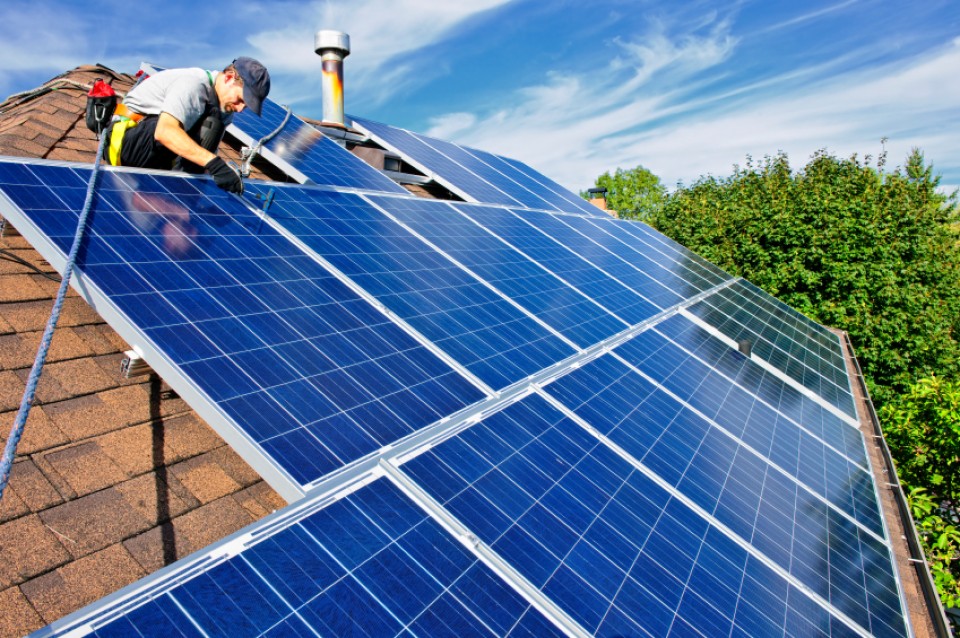
Solar panels look like and function as conventional roofing materials such as asphalt shingles and slate. Solar shingles are a type of solar energy solution known as building integrated photovoltaic (BIPV).
Solar power is the cleanest and most reliable form of renewable energy. It can be used in several forms for both your home and business. Some of them are black while most of solar panels are blue in color. Solar system produce the largest amounts of energy during the peak of the day-time in the summer.
Things you should know Before Solar Installation:
How do Solar Shingles Works:
These shingles are sized 12×86 inches. They can be stapled directly to the roofing cloth (tar cloth). Solar shingles work just like conventional solar panels. When sunlight hits solar cells, it converts it into electricity.
Does your Roof Support Solar Panels?
If your roof is covered with shade most of the day, then it might not be suitable for solar panel. If you have a sunlit rooftop, then make sure that it is in good structural condition. If your roof needs any renovations then take care of it before installing solar roofing so you will not need to remove the panels and then re-install them. Nowadays, solar installation is available with the warranty of 20-25 years.
Which Type of Solar is better?
There are two main solar technologies to choose;
According to Daniel Villa of Goldenberg Roofing NYC– a top roofing company in the Big Apple, if your home uses a lot of energy for heating then a solar thermal roofing system can really save you money (depending on your climate of course).
Cost Effective:
In the last year exterior solar system have been increasing in cost effectiveness for home-owners, business and the general community. In the United States a 45 percent reduction is recorded in solar installation prices from 2010 to 2014. This drop in prices is happening due to the technological advancements and competition among manufacturers. Solar powered systems, including rooftop solar have proven to be a chief driver of economic growth in many regions of the world.
Environmental Benefits:
Clean Form of Energy:
Solar energy is quiet and a clean form of energy. Use of solar energy inhibits a large amount of emissions as compared to conventional energy resources such as coal. Solar panels generate electricity with no air, carbon pollution or other heat trapping gases. It also avoids the environmental risks associated with nuclear power.
Do not Require Additional Land Area:
The rooftop solar system can be built on existing structures and do not require additional land. It uses the existing building footprints.